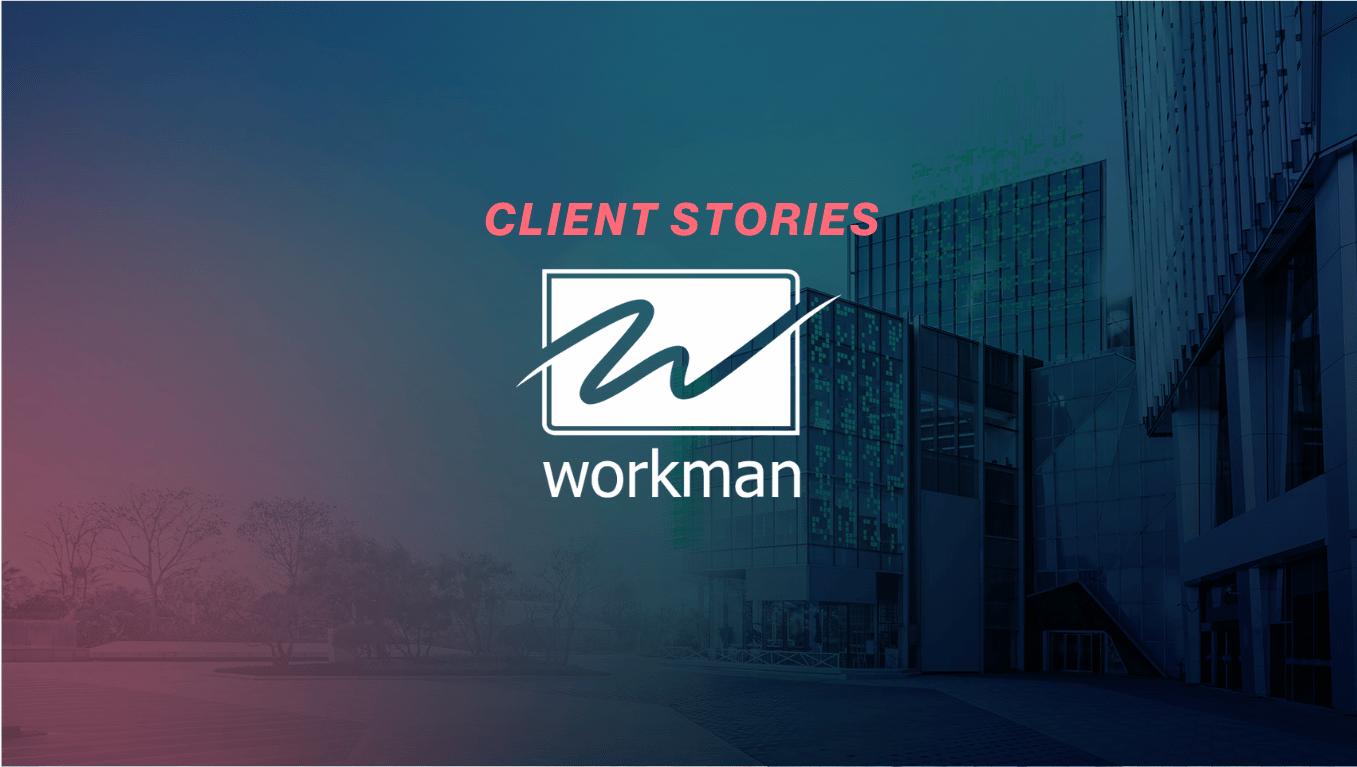I’ve been asked the same question a few times recently – in pitches and in meetings; “why would big organisations choose to work with small software providers?”
Wouldn’t they be better off choosing software from a large provider? As the saying goes, “nobody got fired for hiring IBM”.
Despite the perceived reassurance that large software providers may afford, invariably, my answer is “no”.
Regardless of size, my advice would be to consider the benefits from all providers. As the co-founder of a small software company, clearly, I’m biased. Narcissism aside though, there’s a compelling case for the benefits of working with a small provider.
“Good things come in small packages”
I appreciate that a degree of doubt or uncertainty, in some cases, may accompany the decision to partner with a small vendor, so I’d like to share my views on why small software providers make better business partners than larger providers.
Agility
Small software providers are far more agile than big ones. This agility means they are free to bend and adapt to the changing needs of their client base, as well as reacting faster to new threats of competition or changing market dynamics. Ultimately, it enables small providers to experiment quickly, and thus, innovate rapidly.
Experimentation is the most important form of innovation. Small software providers are agile enough to push and improve their services and platforms continually, never settling for ‘good enough’.
“As a small provider, it’s okay to fail, but fail quickly and learn from it.”
Large providers generally have a harder time being nimble for a couple of key reasons; a bigger customer base means they have to spend more time keeping their customers happy and that results in less time being available to spend innovating and evolving new ideas. Teams are bigger too, which can often mean that it takes longer to get a new idea pushed through.
The analogy that springs to mind is the length of time it takes for an oil tanker to change direction compared to the agility of a speedboat.
Co-creation
Co-creation is the process of provider and client working closely together to drive both incremental improvements to the platform, as well as whole new feature sets, which in turn can uncover new services and markets.
Large software providers often find it difficult, and sometimes choose not to offer such opportunities when it comes to co-creation. The bureaucracy commonly seen in larger organisations prevents it; new ideas take much longer to be reviewed, agreed, and implemented. By the time it happens, the value in the first opportunity has passed.
In contrast, small providers are set-up to co-create. They are small, agile, and hungry for new features and functionality. The client enjoys the benefit of features specified around their processes – usually before any other clients, and the software partner gains new knowledge and experience. Everybody wins.
Customer Service
When it comes to customer service, the standard doesn’t get much higher than you’ll get with a small company.
Ever had the experience of trying to call Microsoft? It’s a maze of automated messages, number commands to follow, and endless time queuing; a common issue when it comes to communication with large providers.
Small software companies, however, are often focused on customer service; continually going the extra mile to ensure satisfaction.
The onboarding experience is another prime example of where small can outweigh big.
Small providers are often more responsive during the onboarding process – organising the necessary resources, be that training, consultancy or development, in a short space of time. There’s a level of personalisation delivered during onboarding, that large providers struggle to match.
Long after the onboarding is complete, small providers often do better than large when it comes to continuing the conversation with clients. Borrowing from another example here at Coyote, our development sprints are every 3 weeks and are partly driven by client suggestions. In keeping the conversation open with clients, we’re able to deliver features which answer the needs of clients, in a very short space of time. We’ve had several instances of an idea being suggested by a potential client in a meeting, and by the time said client had completed onboarding, their idea had made it into the product.
“It’s a win-win; the provider generates loyalty within their client base, and the client receives a service which perfectly fits their requirements.”
Everything boils down to a basic survival instinct. Small providers have a lot invested in every client; so more than anything, they want to retain happy clients. Those happy clients will often stay loyal to their software and speak positively about it to others.
Accessibility
I wanted to make a brief, but significant point on accessibility. When you partner with a small software company, you often get access to senior management. With a large software provider, it can take many emails or calls even to get close to the same level of seniority.
Access to key people when you need it helps to build trust on both sides and often speeds up decision-making.
“Essentially, decisions are made quicker.”
If you can’t get access to the main man or woman, chances are you’re not going to get the service you want. How many CEO’s of a large software company could you meet for breakfast?
Final thoughts
All of the elements mentioned above – agility, co-creation, service and accessibility, are critical to innovation. Innovation provides the basis for solutions to the problems currently experienced in commercial property.
By being agile and accessible, and through the processes of co-creation and service, innovation becomes almost a by-product. It becomes seemingly effortless. That’s an exaggeration, of course, but what I’m trying to say, is that small software providers will always offer the most innovative tools because they’re improving every day.
My advice for other small providers? Show your clients that you’re big enough to handle their business, yet small enough to care.





